Ever wondered why some foods lose their flavor or texture in the fridge? It’s not just bad luck—it’s science! Storing the wrong items in the refrigerator can lead to soggy veggies, bland fruit, and even quicker spoilage. The secret lies in understanding how temperature and moisture impact your favorite groceries.
From keeping bread soft to preserving tomatoes’ vibrant taste, learning the right storage tricks can save your food—and your money. Get ready to discover the common mistakes most people make and how to keep your pantry and fridge working in harmony. Let’s make every bite as fresh as it should be!
1. Cold Bread Becomes Stale Quickly
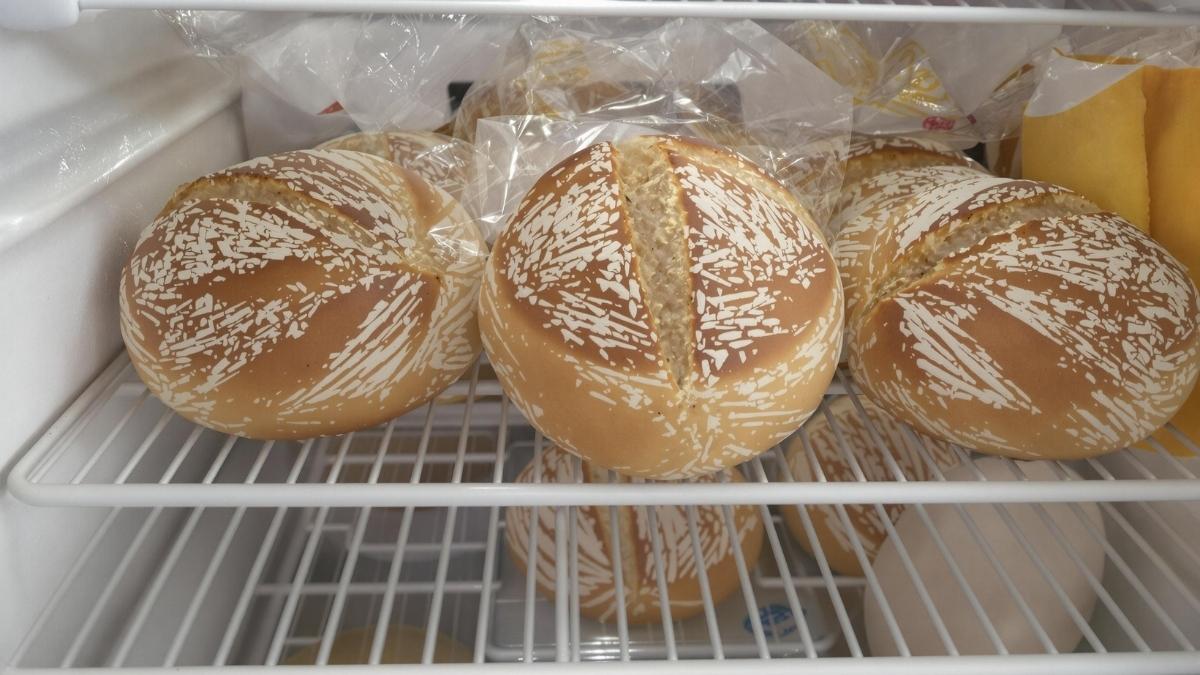
Storing bread in the fridge accelerates its drying process, leaving it hard and unappetizing. This happens because the starches inside recrystallize faster at low temperatures. Refrigeration doesn’t prevent spoilage but rather alters the texture, making it less enjoyable. Instead, keep bread at room temperature in a bread box or a sealed plastic bag to maintain its softness and freshness.
If you need to store it for an extended time, freezing is a better option, as it halts the staling process without compromising texture. Proper storage away from moisture will allow bread to stay fresh for up to a week.
2. Onions Don’t Like The Fridge
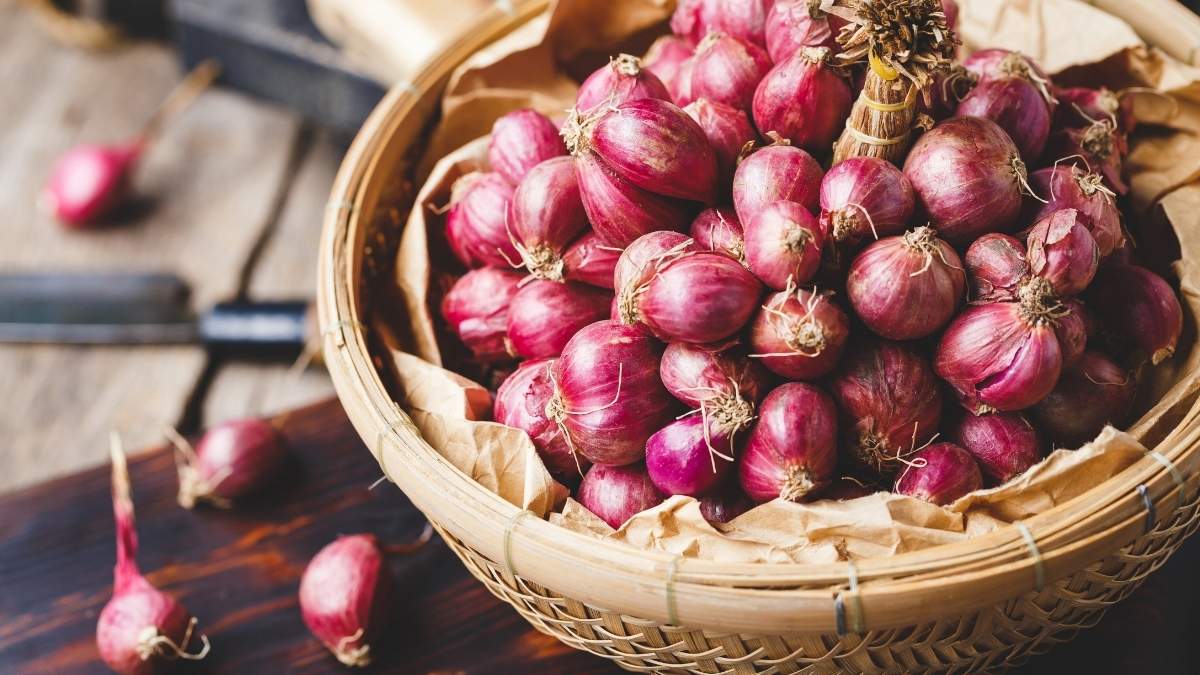
Placing onions in the refrigerator exposes them to moisture, causing them to rot faster and sometimes even develop mold. The lack of ventilation in fridges further accelerates spoilage. For optimal freshness, store onions in a cool, dry, and well-ventilated area, such as a pantry or mesh bag.
Keep them away from direct sunlight, as it can alter their flavor and make them taste bitter. When stored correctly at room temperature, onions can remain fresh for up to three months, allowing you to use them as needed without waste.
3. Green Bananas Should Stay Out
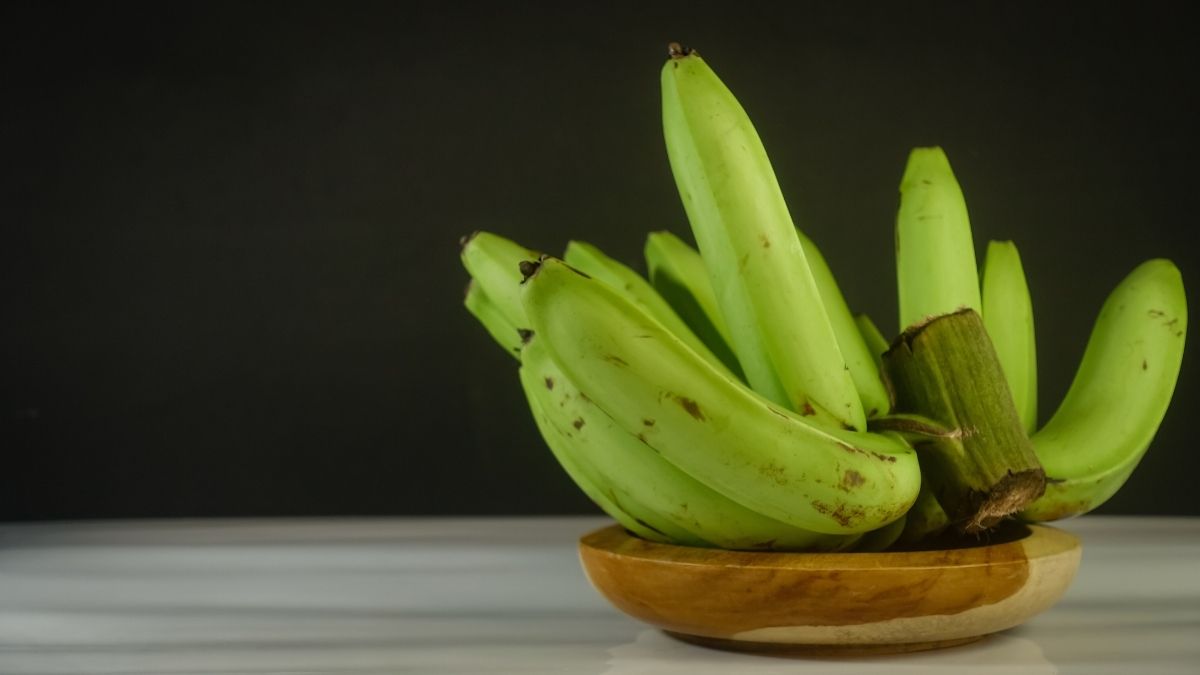
Unripe bananas don’t ripen in the cold. If you refrigerate green bananas, they will turn black on the outside while remaining hard and unripe inside. This is due to the cold disrupting the enzymes responsible for ripening.
To allow bananas to ripen naturally, keep them on the counter at room temperature. Once they are fully yellow, you can place them in the fridge to slow further ripening, extending their usability by a few days. This approach ensures you enjoy bananas at their best, whether fresh or for cooking.
4. Avocados Ripen Best At Room Temperature

Cold air slows down the ripening process of avocados, leaving them green and unready to eat for weeks. For avocados that need to ripen quickly, it’s best to keep them at room temperature. They can be stored alongside bananas or apples to speed up the ripening process, as these fruits emit ethylene gas.
If you’re not ready to use a ripe avocado, refrigerating it will keep it fresh for a few more days. To preserve quality, place it in a plastic bag and keep it away from vegetables that may spoil more quickly.
5. Not All Salad Dressings Need Refrigeration
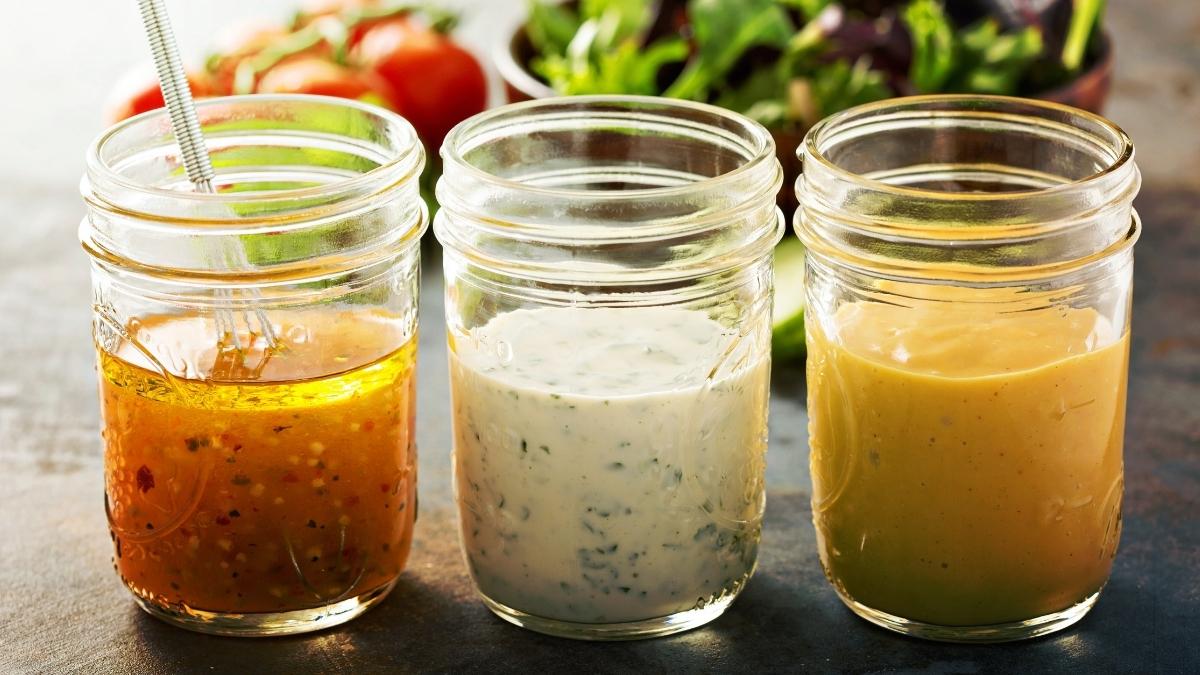
Oil-based dressings, like vinaigrettes, can remain in the pantry because their high acid and fat content naturally prevents bacterial growth. These dressings are shelf-stable and do not require refrigeration unless otherwise stated on the label.
However, dressings containing fresh herbs, eggs, mayonnaise, or garlic must be refrigerated after opening to avoid spoilage. Always check the ingredients and storage instructions to ensure you’re keeping your dressings safe and fresh. Proper storage will help you maximize their shelf life and free up fridge space.
6. Moisture Ruins Carrots

Carrots can become limp and soggy when exposed to the condensation inside refrigerators. Excess moisture accelerates their decay, especially if stored without protection. If you plan to use carrots within a few days, keep them at room temperature in a dry area.
For longer storage, wrap them in a paper towel before refrigerating to absorb excess moisture. Change the paper towel regularly to maintain dryness. Proper care ensures that carrots stay crisp and fresh for extended periods, whether used in meals or as a snack.
7. Apples Prefer Dry Spaces
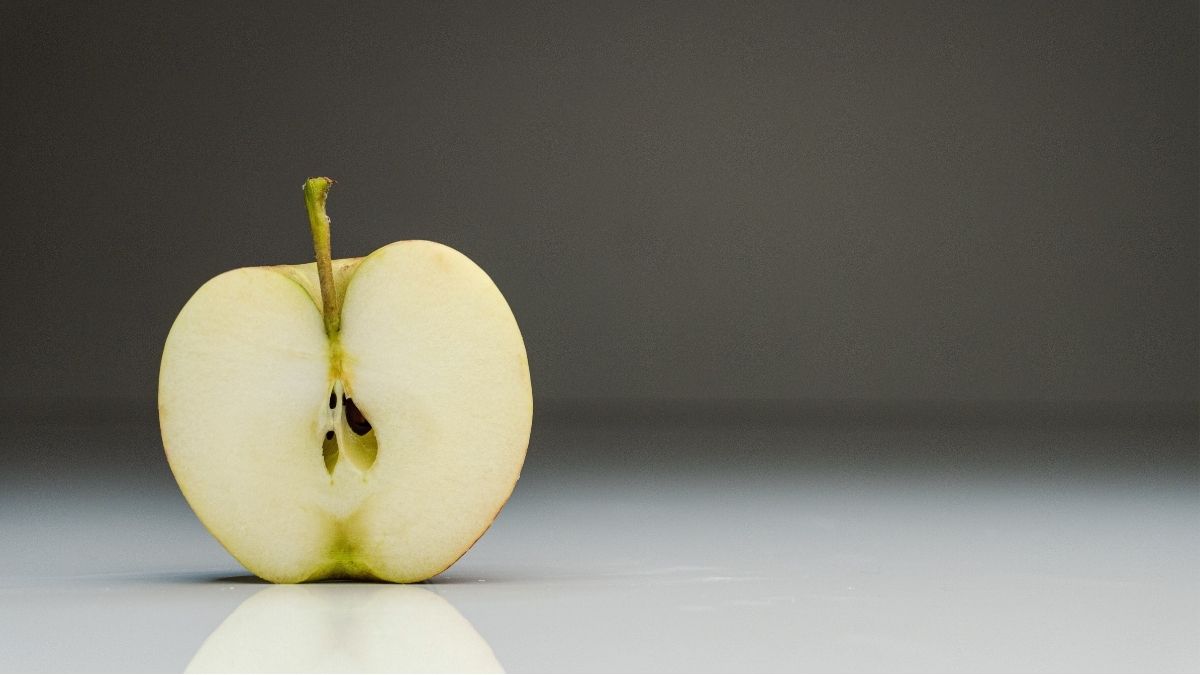
Apples stored in the fridge often become overly moist, which accelerates spoilage. Moisture triggers ethylene gas production, which causes surrounding produce to ripen and rot faster. To maintain their crunch and flavor, store apples at room temperature in a cool, dry space.
If refrigeration is necessary, keep apples isolated from other fruits and vegetables to minimize ethylene exposure. Proper storage can keep apples fresh for over a week, ensuring they retain their taste and texture for longer periods.
8. Eggs Don’t Always Need Refrigeration
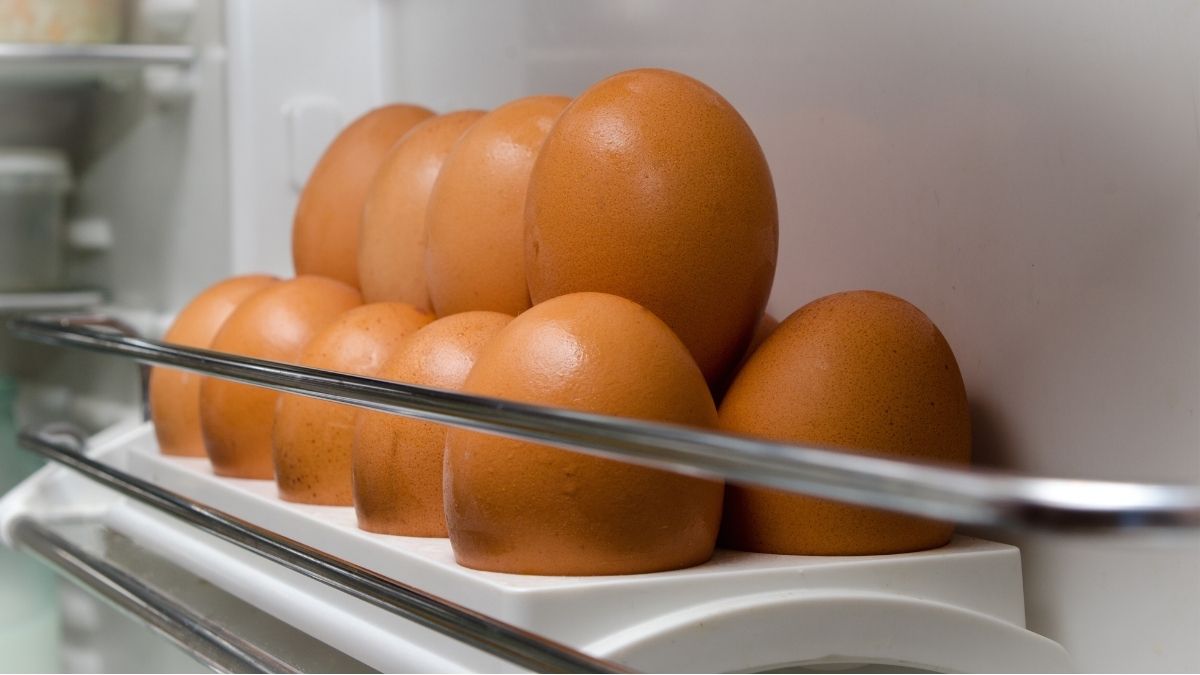
In many parts of the world, eggs are stored at room temperature thanks to their natural protective coating, which prevents bacteria from penetrating the shell. This coating keeps them fresh outside of refrigeration. However, in the U.S., eggs are washed before sale, removing this protective layer.
As a result, they must be refrigerated to avoid contamination and ensure safety. Understanding these regional differences can help you decide the best storage method for your eggs while maintaining their quality and freshness.
9. Flour Stays Fresh Without Cold
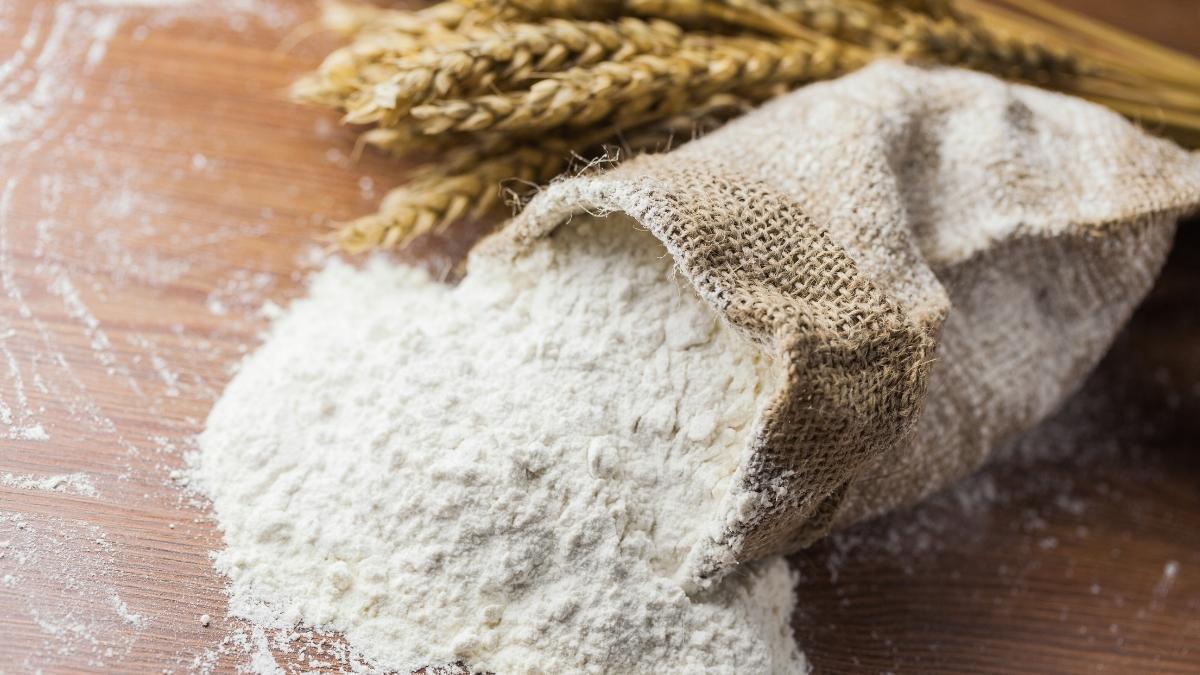
All-purpose flour doesn’t require refrigeration for long-term freshness. When stored in a dry, cool spot in an airtight container, it can last up to six months without issue. While refrigeration can extend its shelf life to a year, it’s unnecessary unless you live in a particularly humid environment.
Keeping flour away from air, moisture, and light is the key to preserving its quality, ensuring your baked goods always turn out as intended.
10. Coffee Beans Lose Flavor In The Fridge
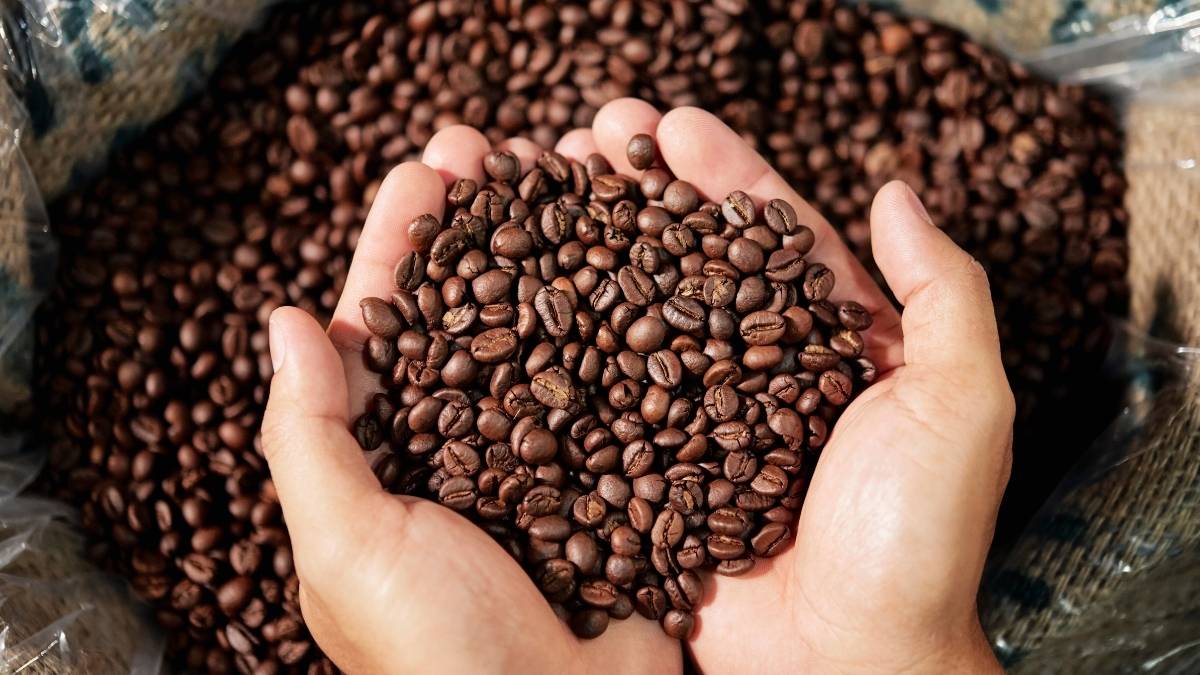
Storing coffee in the fridge exposes it to moisture, which degrades its flavor and aroma. Whether you have whole beans, grounds, or pods, refrigeration can cause them to absorb odors from surrounding foods, leading to a stale taste.
To preserve the rich flavor of coffee, keep it in an airtight container in a cool, dry place. Avoid exposure to heat, light, or air, as these factors can further diminish its quality. Properly stored coffee ensures every cup is fresh and full of flavor.
11. Brewed Coffee Has Limits

Freshly brewed coffee is best consumed within two hours to enjoy its full flavor. Refrigerating leftover coffee can extend its life to a week, but its taste and aroma begin to deteriorate after the first day. Additionally, coffee can absorb fridge odors, altering its flavor.
If you choose to store brewed coffee, use an airtight container to maintain its quality. While it’s convenient to save leftovers, freshly brewed coffee always provides the best experience.
12. Tomatoes Thrive Outside The Fridge
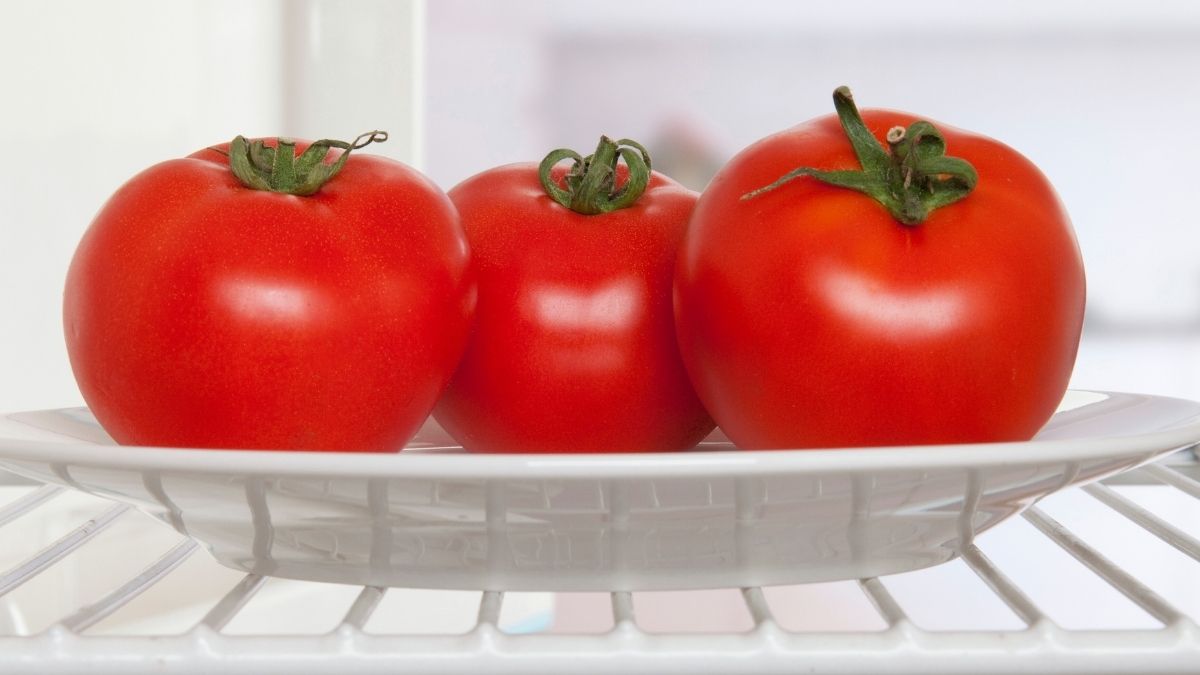
Tomatoes lose their flavor and texture when stored in the refrigerator. The cold disrupts their natural sugars and makes their flesh watery. To maintain their vibrant taste, keep tomatoes at room temperature in a dry area.
If they’re already fully ripe, refrigerating them can extend their life by a few days, but they’re best consumed quickly for optimal flavor. Proper handling keeps tomatoes juicy, flavorful, and ready for any dish.
13. Chocolate Hates The Cold

Cold temperatures and moisture can ruin chocolate’s texture and appearance. When stored in the fridge, sugar bloom—a whitish coating caused by rising sugar crystals—often develops. This doesn’t affect safety but alters the taste and texture.
Chocolate is best kept at room temperature in a cool, dry place between 65°F and 68°F. Only refrigerate chocolate if your room temperature exceeds this range, and always use an airtight container to prevent moisture damage.
14. Plums Lose Quality In The Cold
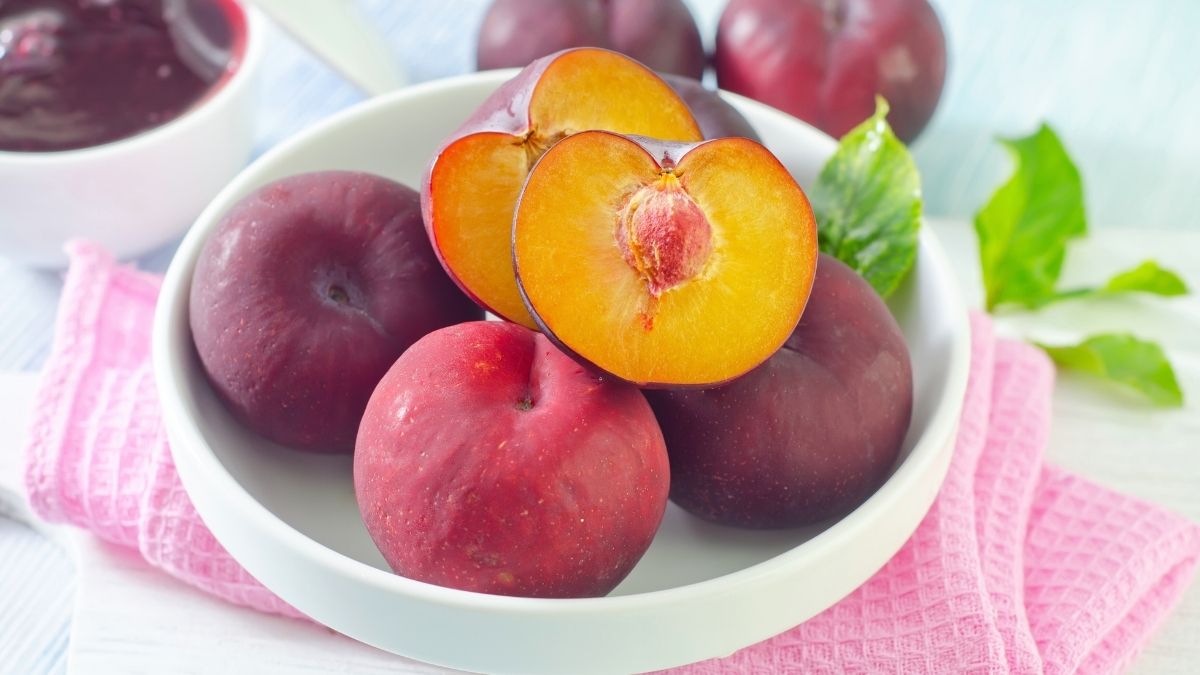
Plums maintain their sweet flavor and firm texture when left at room temperature. Cold, damp conditions in the fridge can make them soggy and reduce their natural taste. For unripe plums, keep them out of the fridge to allow proper ripening.
Once ripe, refrigerating them can extend their freshness for a few days. Storing plums correctly ensures you enjoy them at their peak, whether eaten fresh or used in recipes.
15. Garlic Keeps Longer In Dry Air

Refrigeration causes garlic to sprout and rot faster due to moisture buildup. Fresh garlic thrives in a dark, dry, and well-ventilated environment. A pantry or open basket works well for long-term storage.
Avoid sealing garlic in plastic or airtight containers, as it needs air circulation to remain fresh. When stored properly, garlic bulbs can last three to five months, providing ample time to use them in your favorite dishes.


